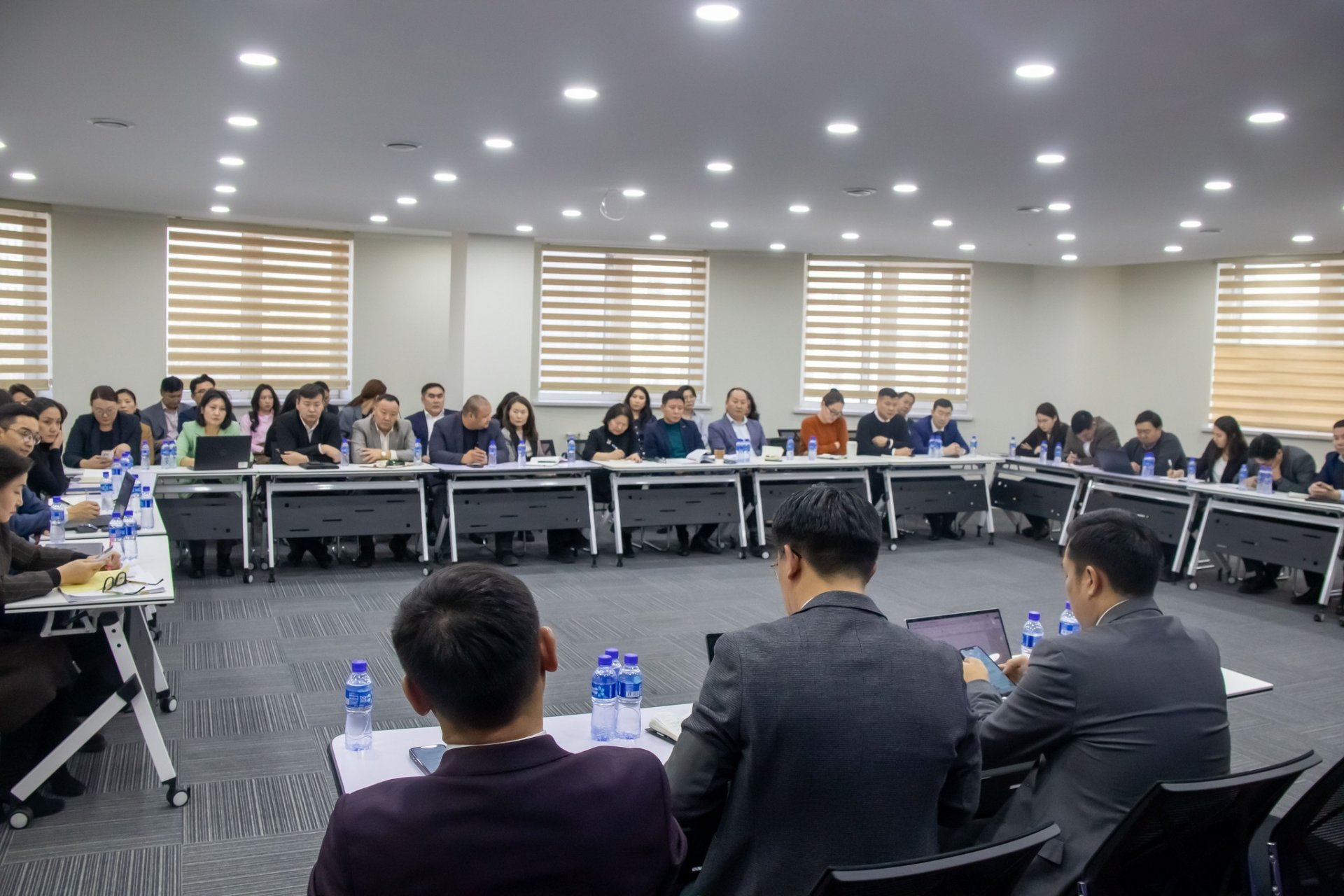In 2025, the Ministry of Digital Development, Innovation, and Communications (MDDIC) launched a comprehensive initiative to enhance the legal and regulatory framework of the sector. As part of this effort, the Ministry is working on drafting legislative proposals outlined in its strategic policy agenda, aiming to reduce the number of administrative normative acts by half and ensure the effective implementation of delegated authorities.
Notably, within the scope of responsibility of the Minister, Ministry of the Digital Development, Innovation and Communications (MDDIC), a joint concept paper has been developed in collaboration with the Minister of Justice and Internal Affairs to address overlapping, conflicting, and missing provisions in existing legislation.
There remains an open question as to whether the Law on Telecommunications, the Law on Broadcasting, the Law on Postal Services, and the Law on Radio Waves should be amended or fundamentally revised. Under the overarching policy directive to enhance the national legislative framework by 2028, an assessment of the implementation outcomes of the Law on Telecommunications and the Law on Broadcasting was conducted in 2023, followed by a similar assessment of the Law on Postal Services and the Law on Radio Waves in 2024.

For instance, the Law on Telecommunications, originally enacted in 1996, has undergone more than twenty amendments to date. In light of the rapid advancement of modern technologies, legal experts in the sector have expressed a preference for a comprehensive revision of the law rather than continuing with piecemeal amendments.
A preliminary feasibility study has also been conducted to assess the need for a legal framework governing space activities, potentially leading to the development of a Law on Space. In addition, a draft law on Unmanned Aerial Vehicles (UAVs/drones) has been prepared. These represent the first-generation legislative initiatives in their respective areas.
Furthermore, in 2024, the Law on Supporting the Information Technology Industry was adopted. In line with this, a series of measures have been undertaken to establish a legal environment for providing both tax and non-tax incentives to IT companies registered in designated virtual zones.
Two working groups have been established to support these efforts:
- One is responsible for drafting a Strategic Plan for the Development of the Information Technology Industry and Advanced Technologies.
- The other is tasked with developing the Operational Procedure for the Virtual Zone and the Regulations on Providing Tax and Non-Tax Incentives to Registered Legal Entities.
These initiatives aim to modernize the sector’s legal framework and foster a more innovation-friendly environment.


A sector-wide consultation was recently held to gather feedback from legal experts and professionals on the policy direction for updating the legal and regulatory environment of the information and technology sector, the development of first-generation legislative initiatives, and other pressing issues.
Since the establishment of MDDIC, several key pieces of legislation have been enacted, including:
- The Law on Public Information Transparency,
- The Law on Cybersecurity,
- The Law on the Protection of Personal Data,
- The Law on Digital Signatures.
However, as advanced technologies such as artificial intelligence continue to evolve rapidly, new legal challenges and the need for coherence between existing laws have emerged. In response, the Ministry is placing strong emphasis on modernizing the legal and policy framework to ensure it keeps pace with technological progress and supports innovation-driven development.



.jpg)


